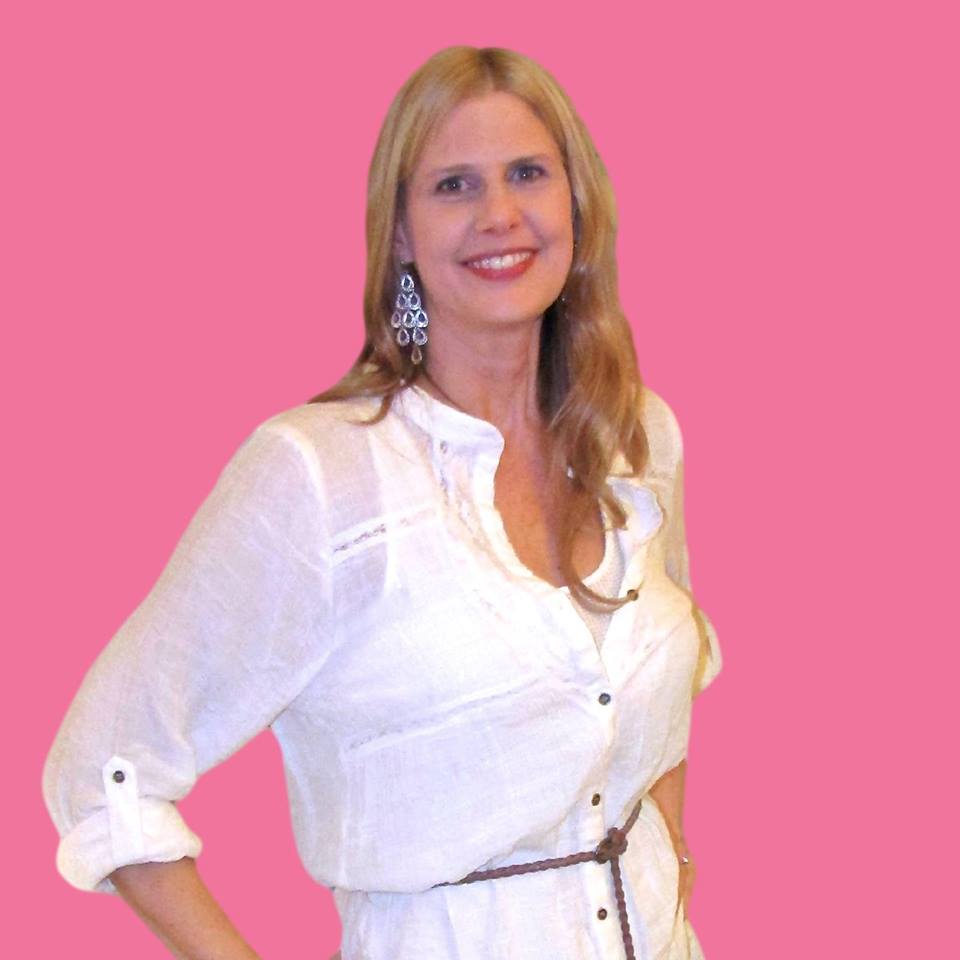The Misjudgment of Introverts and the True Meaning of Introversion
Hi everyone. The Fourth of July is coming soon! I hope you are able to enjoy Independence Day with the knowledge that you are a special highly sensitive person (HSP) and you deserve independence and freedom to be you. 😀 Because this is typically a family holiday, it can bring up and trigger memories and childhood wounds of loneliness and pain–large get-togethers with people and possibly not one of them really understanding you because you were an HSP. And in most cases you were probably an “introvert”–70% of HSPs are! The word introvert is highly misunderstood and it is important to me that I set the record straight on the true meaning of the word and how it’s perception and judgement can be damaging to those of us who are born-introverts.
When you hear the word introvert or introverted you probably have heard the wrong meaning with such comments as: “He became introverted because of his fear of his abusive father”; or “I used to be an introvert but then I got some confidence and came out of my shell”. These examples of the word are used very often in the media but these usages are incorrect! The correct word in these examples should be the word “insecure” instead. The real meaning of introvert is not insecure or turned inward out of fear as most people have been taught to believe.
The book Please Understand Me by David Keirsey and Marilyn Bates explains about each of the temperament types in a wonderful and positive way and explains the true meaning of being an introvert. When I was 23, I was told about this book by my counselor at the time who had her PhD in Clinical Counseling Psychology and, when I read it, it changed my life in a major way due to its wonderful explanation. Since then I have known I am an introvert like her and am very proud to proclaim it!
The book explains it so well: In 1920 Jung invented the psychological types and believed that people are different in fundamental ways. In 1950 the idea of temperament types was revived when Isabel Myers and her mother Kathryn Briggs devised the Myers-Briggs type indicator–a tool for indicating 16 different patterns of action. Keirsey and Bates later came up with a book with a similar temperament sorter and a self-test to take. Here is Keirsey and Bates’ definition of an introvert, word for word, from their book:
“…the introvert is territorial. That is, he desires space. Introverts seem to draw their energies from a different source than do extroverts. Pursuing solitary activities, working quietly alone, reading, meditating, participating in activities which involve few or no other people–these seem to charge the batteries of the introvert. Thus, if an extreme introvert goes to a party, after a “reasonable” period of time–say half an hour–he is ready to go home. For him, the party is over. He is not a party pooper; rather, he was pooped by the party.”
“Introverts, too, are likely to experience a sense of loneliness–when they are in a crowd! They are most “alone” when surrounded by people, especially strangers. When waiting in a crowded airport or trying to enjoy themselves at noisy cocktail parties, some introverts report experiencing a deep sense of isolation and disconnectedness. This is not to say that introverts do not like to be around people. Introverts enjoy interacting with others, but it drains their energy in a way not experienced by extroverts. Introverts need to find quiet places and solitary activities to recharge, while these activities exhaust the extrovert. If the latter goes to a library to do research, for example, he may have to exercise strong will power to prevent himself, after fifteen minutes or so, from taking a “short brain break” and striking up a conversation with the librarian.”
“It is quite the opposite with an introvert, who can remain only so long in interaction with people before he depletes his reserves.”
“The question always arises, “Does not an extrovert also have an introverted side and does not an introvert also have an extraverted side? Yes, of course, but the preferred attitude, whether it be extraversion or introversion, will have the most potency and the other will by the “suppressed minority”. The preferred attitude will be expressed in the conscious personality. The suppressed minority is only partly in consciousness and reflects “what happens to one.” This less-favored side of a person’s temperament is less differentiated and is less energized, and is apt to be more primitive and undeveloped. Jung even claims that if, through pressure on the part of the mother, the child is coerced into living out of his inferior side, this falsification of type results in the individual’s becoming disturbed in later life.”
“If a person prefers extraversion, his choice coincides with about 75 percent of the general population (Bradway, 1964). Only 25 percent reported introversion as their preference, according to Myers (Bradway, 1964). Indeed, Western culture seems to sanction the outgoing, sociable, and gregarious temperament. The notion of anyone wanting or needing much solitude is viewed rather often as reflecting an unfriendly attitude. Solitary activities frequently are seen as ways to structure time until something better comes along, and this something better by definition involves interacting with people. As a consequence, introverts are often the ugly duckling in a society where the majority enjoy sociability. There is the story about a mother heard to protest loudly and defensively, “My daughter is not an introvert. She is a lovely girl!””
“Introverts have reported that they have gone through much of their lives believing that they ought to want more sociability, and because they do not, are indeed ugly ducklings who can never be swans. As a result, the introvert seldom provides adequately for his very legitimate desire for territoriality, for breathing room, without experiencing a vague feeling of guilt.”
“Cue Words: The main word which differentiates an extrovert from an introvert is sociability as opposed to territoriality, but the extrovert also finds breadth appealing where the introvert finds the notion of depth more attractive. Other notions which give a cue to this preference are the idea of external as opposed in internal; the extensive as opposed to the intensive; interaction as opposed to concentration; multiplicity of relationships as opposed to limited relationships; expenditure of energy as opposed to conservation of energy; interest in external happenings as opposed to interest in internal reactions.”
Reading this for the first time really validated who I was on a deep level and changed me for the better! I was so excited! Finally I had an explanation for who I was and I felt relieved of the shame and the sense of being flawed and not good enough! I hope this information does the same for you. You may want to go out and buy the book and read the whole thing as I did–I highly recommend it as a handbook for your life and helpful in understanding yourself and in understanding all the other temperament types as well.
Fellow introverts, it is my own belief that introversion is innate in us and that we cannot change it. I believe that it is helpful to explain it to others by using the word introspective or inner-directed. It is an innate gift of introspection and inner-directedness that connects you to experience everything on a deeper level. Extroverts who do not understand this might have you believe that you are LESS THAN because you are different and thoughtful before you speak. Shyness, however, is more prone to the insecure extrovert and NOT to the introvert who can be happy alone and without fear because the confidence comes from within and not needing validation from others but only from the self. This inner-connectedness can feel spiritual and healing to us when we learn to recharge by allowing ourselves to feel connected to God and nature and the magic of the universe.
If you are an introvert, I hope that this information has been helpful to you. Introverts can experience painful rejection and judgement from 75% of the population who through no fault of their own have been incorrectly taught about the meaning of the word or taught to judge others who act more introspectively. I don’t know very many extroverts who really understand introverts. Years ago, I showed the above quotes to an extraverted friend with her Masters in Social Work, after I explained and showed her the book, kept saying to me, “are you sure you are an introvert? You don’t seem like an introvert?” And a sensitive yet extraverted professor of psychology in college made me feel just awful about myself repeatedly for not being more outgoing and more like “him”. ‘But there are extroverts who do get it and appreciate introverts and all others for all their differentness and uniqueness so please don’t judge extroverts now that I’ve explained how wonderful introverts are! Nevertheless we are outnumbered by 75%! We introverts must learn to love and appreciate ourselves exactly the way we are and start standing up for ourselves and educating the world on the true meaning of introversion. I love being an introvert! It is a very big part of who I am and I am very proud of it and wouldn’t have it any other way!
Elaine Aron reports on the home page of her website that 30% of all HSPs are extroverts so to you extroverted HSPs who get comfort and encouragement from my site, I apologize for leaving you out of this weeks post. Please know that my intention is to educate everyone that not one type is better than any other and the whole point is for us all to see the specialness in each other as unique souls with unique talents and gifts that we bring to share with the world. Thanks to all for reading!
With Love,
Roxanne





Recent Comments